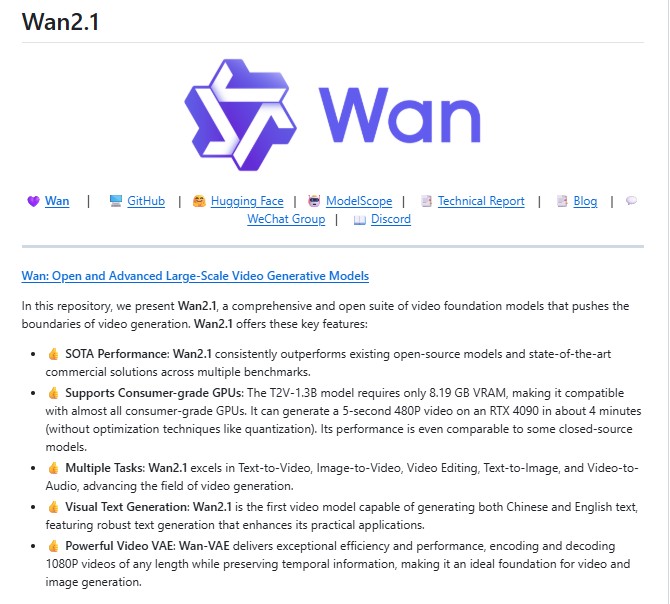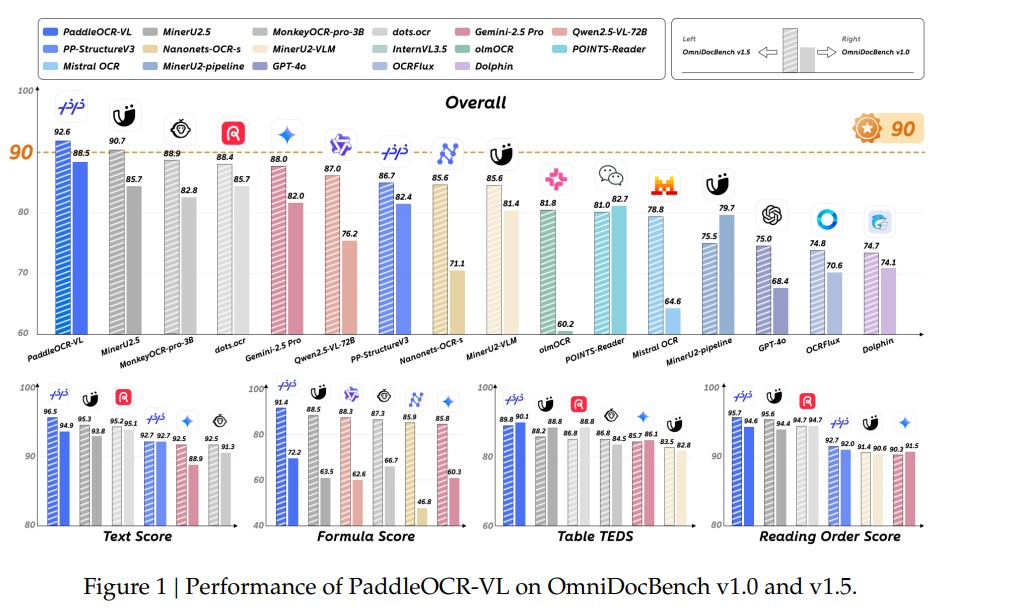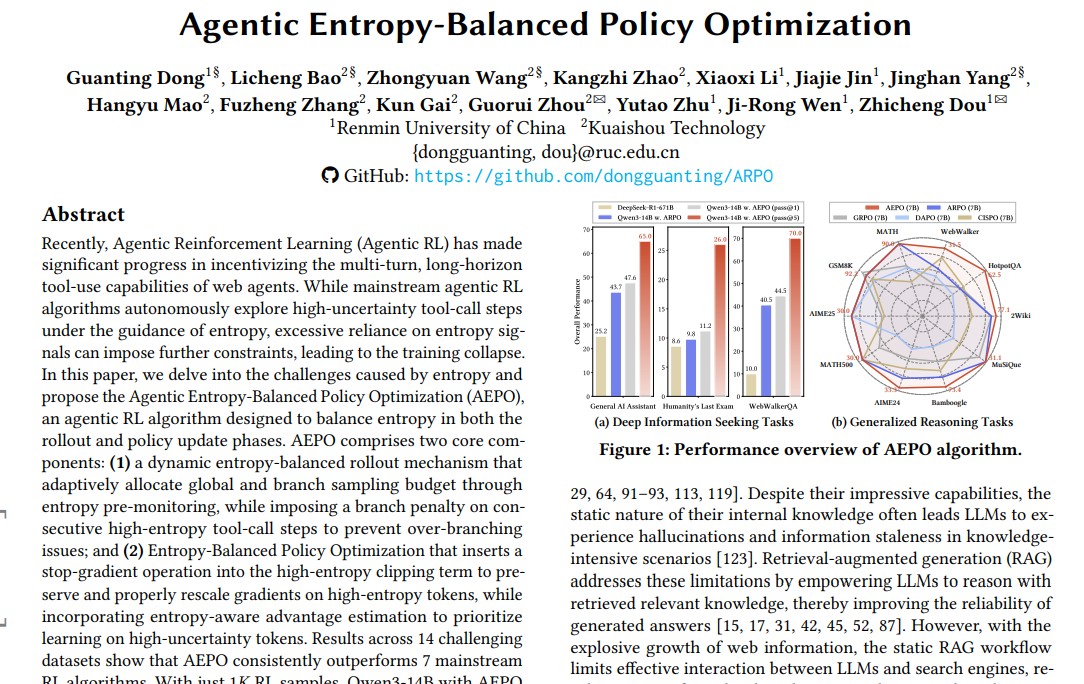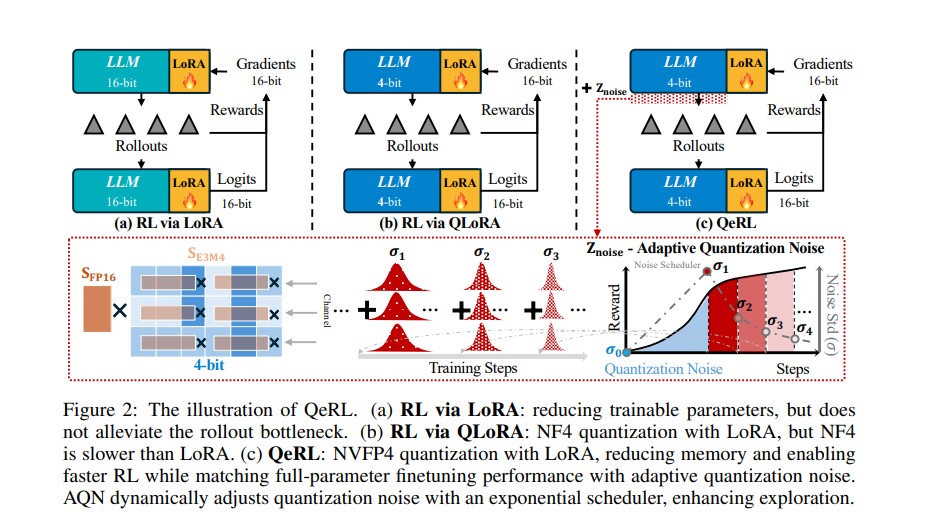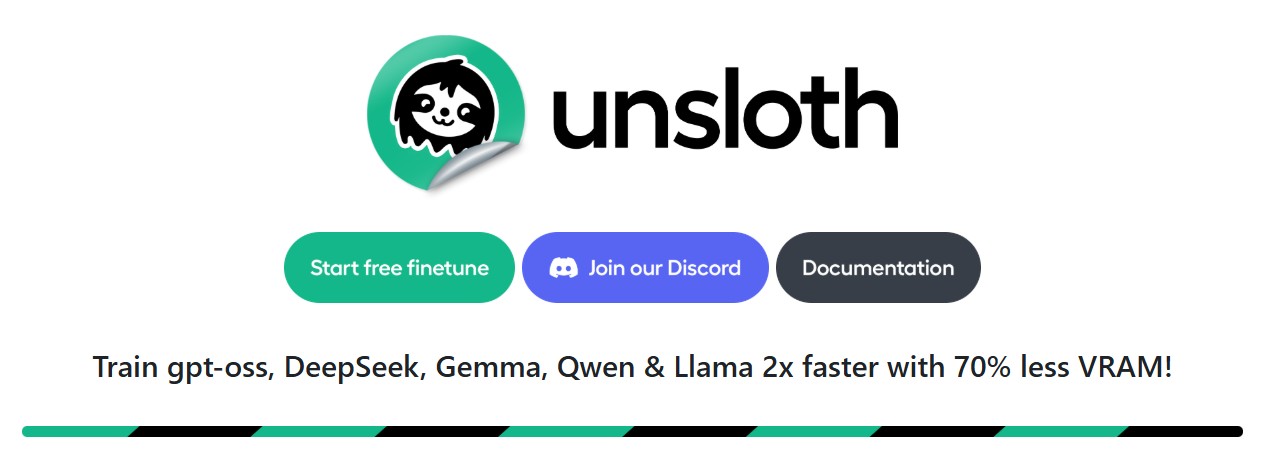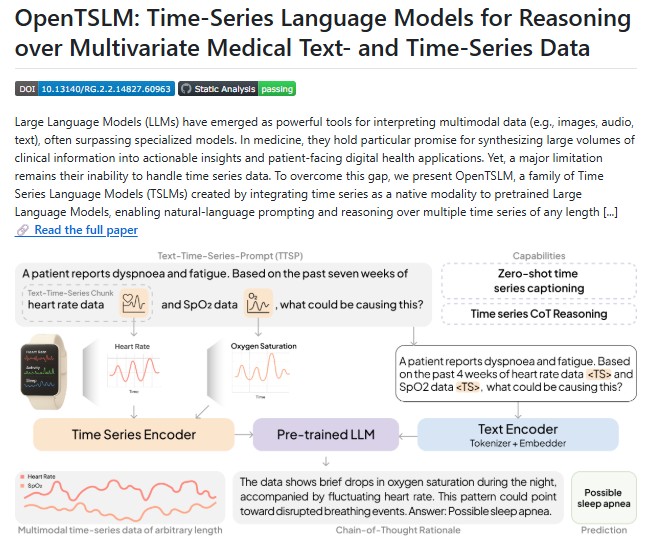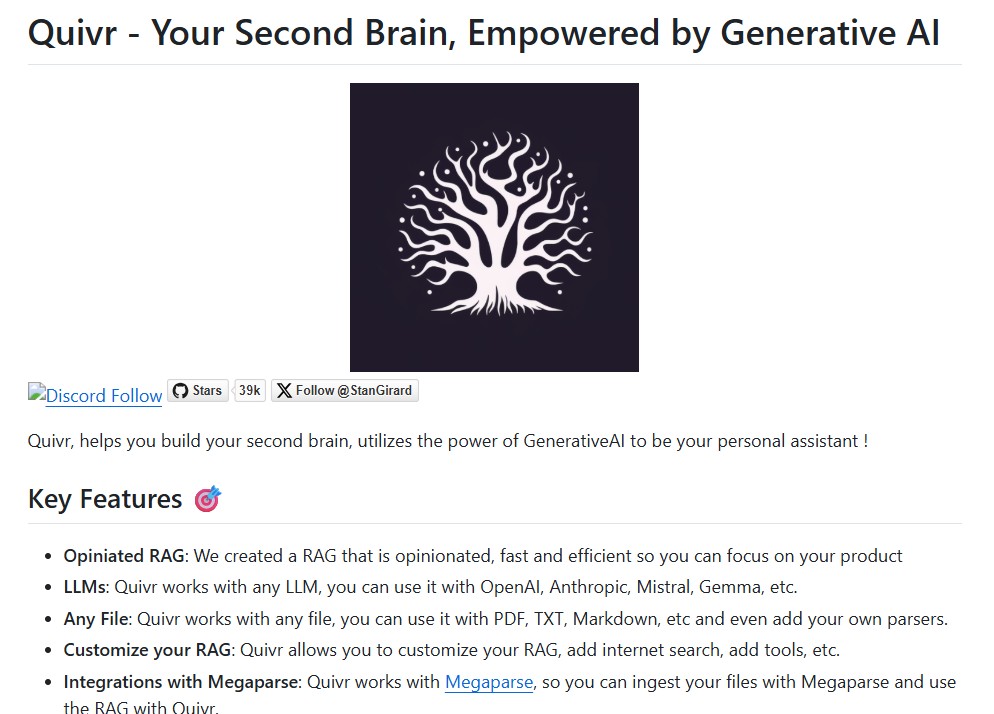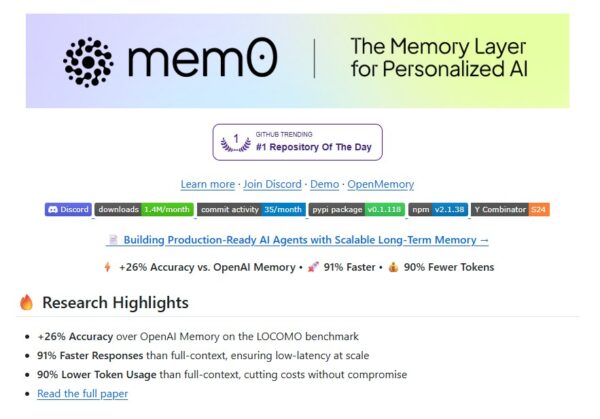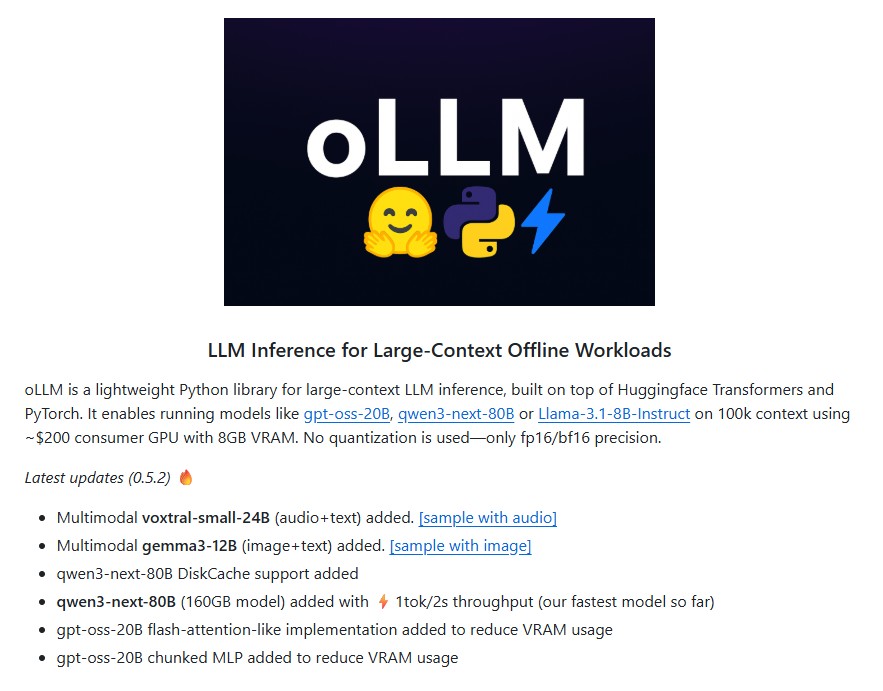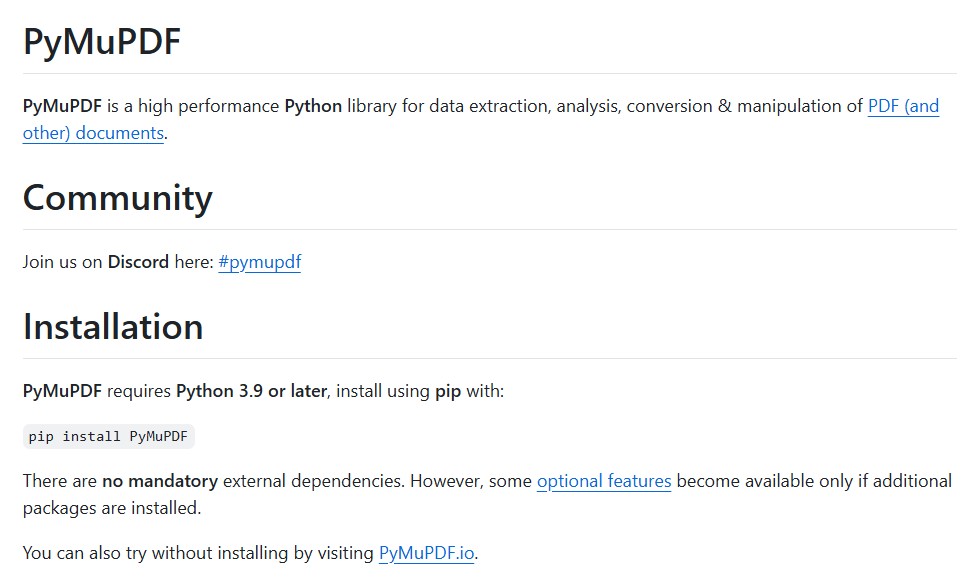Wan 2.1: Alibaba’s Open-Source Revolution in Video Generation
The landscape of artificial intelligence has been evolving rapidly, especially in the domain of video generation. Since OpenAI unveiled Sora in 2024, the world has witnessed an explosive surge in research and innovation within generative AI. However, most of these cutting-edge tools remained closed-source limiting transparency and accessibility. Recognizing this gap, Alibaba Group introduced Wan, … Read more

